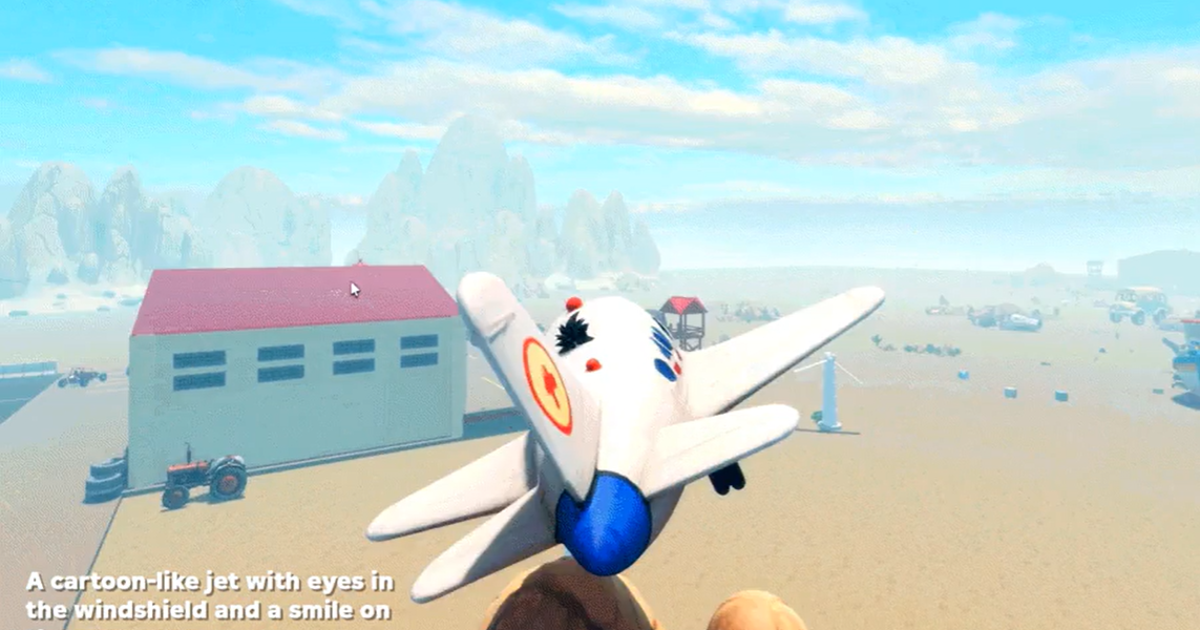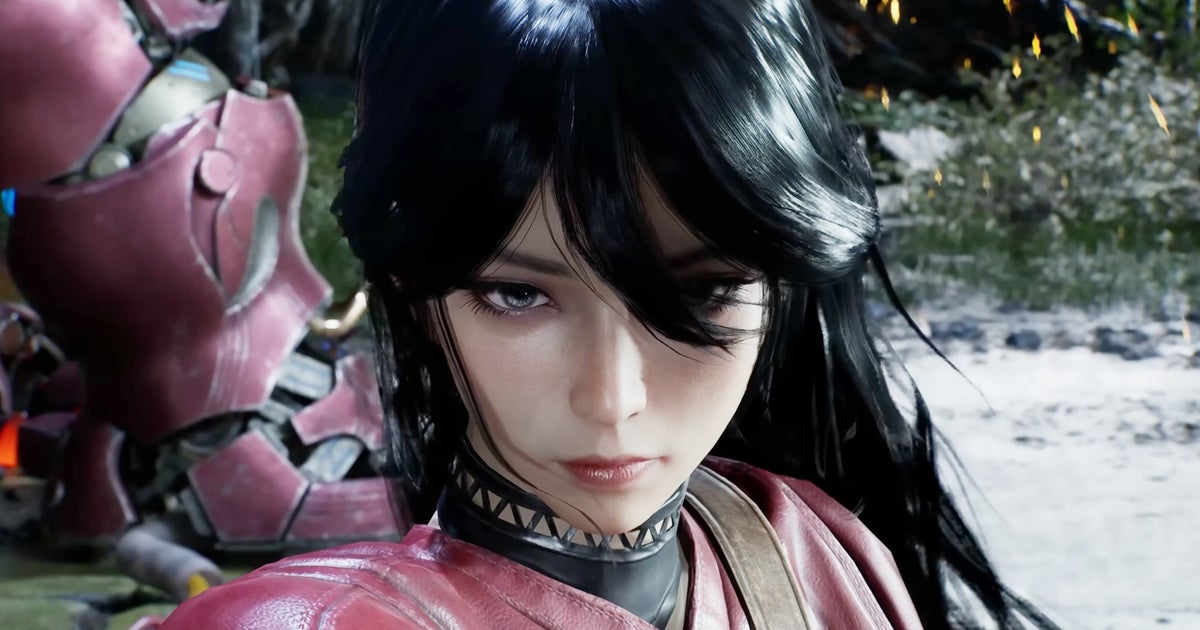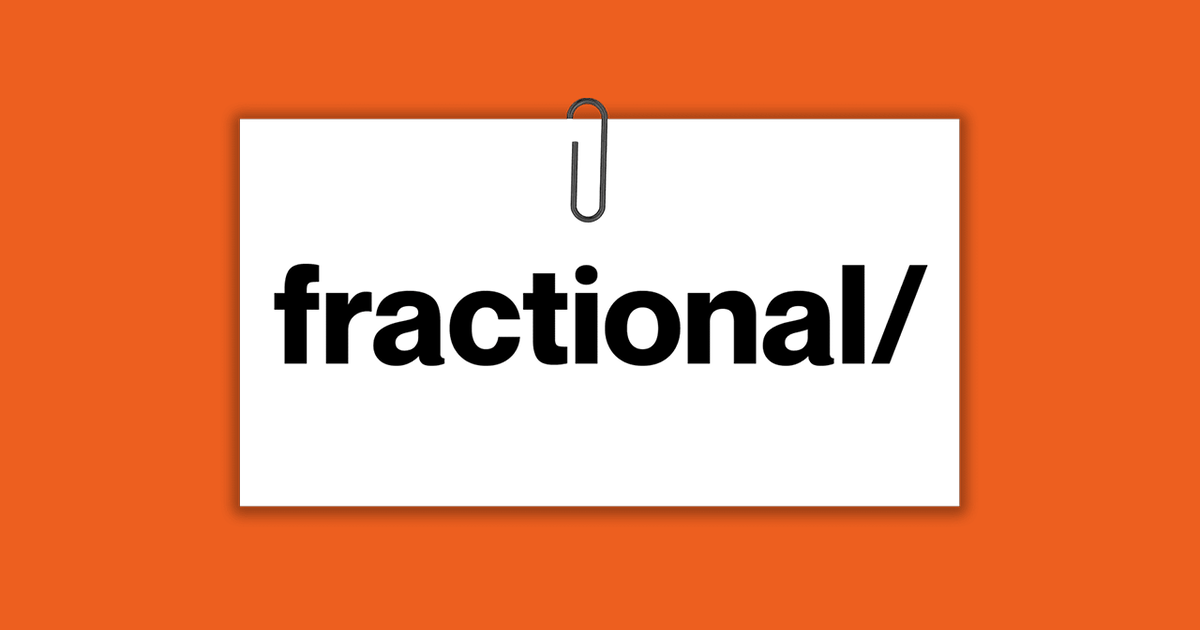Rumors, reports, and a studio reshuffle have put the next Bioshock under a harsh spotlight, with sources suggesting Cloud Chamber’s project has hit turbulence and may be headed for additional changes—and possibly layoffs. While official details are scarce, the shake-up has fans worried about timelines, direction, and what this means for one of gaming’s most storied franchises. Here’s what’s being said, why it might be happening, and what it could mean for the future of Bioshock.
What’s happening, and why people are anxious Reports indicate that Cloud Chamber’s in-development Bioshock—announced in 2019—recently went through a bruising internal review. The narrative is said to be a key area flagged for rework, and leadership changes have followed: studio leadership has been reshuffled, and a former creative director has reportedly been moved into a publishing-focused role. Alongside talk of becoming “more agile and efficient,” the subtext many are reading is that layoffs could be on the table.
None of this is officially confirmed beyond the fact that there has been a restructuring. And to be fair, restructures happen all the time in AAA development. But the combination of a long development cycle, the prestige of the Bioshock name, and the specific phrasing around efficiency has compounded concern. Once you pair that with whispers of a canceled project adjacent to Bioshock, it paints a picture of a publisher tightening the screws mid-production.
Why a midstream reboot isn’t unusual—especially for narrative-heavy shooters Reworks aren’t rare in narrative-first shooters with big systemic ambitions. Bioshock’s DNA—immersive sim elements, sprawling levels, player-driven problem solving, and lofty themes—makes pre-production hard and iteration expensive. Theme and mechanics must dance together. If the story isn’t elevating the play, or the world-building isn’t enabling interesting choices, it’s better to intervene now than ship a muddled experience later.
The downside: each rewrite reverberates across level design, AI, quest scripting, and VO pipelines. Teams must re-plan, re-scope, and re-evaluate tech. That’s costly in both money and morale. And when a publisher steps in to “refocus,” that often translates to cuts, scope reductions, or both.
The expectations storm around a new Bioshock Bioshock remains a towering name because it blended sharp FPS action with social commentary, memorable spaces, and toybox abilities. Every sequel or spiritual successor bears that weight. The new game reportedly moves without series figurehead Ken Levine, who’s off building Judas elsewhere. That’s not disqualifying, but it does shift expectations: instead of a singular auteur voice, the identity will likely be driven by a broader leadership group within Cloud Chamber.
The fan wishlist is both simple and impossible:
- A city that feels like a character, full of ideology and contradictions.
- Powers and weapons that encourage experimentation and emergent solutions.
- A narrative with teeth—surprising, thematically bold, and not afraid to make players uncomfortable.
- A clean, readable combat loop that doesn’t kneecap the pacing.
If internal reviews judged the current narrative arc as not hitting those marks, it’s painful but understandable to reset. Bioshock isn’t just about optics and art deco; it’s about the philosophical engine under the hood.
Layoff fears and the human cost Players see the game. Developers live the process. When the phrase “more agile and efficient” shows up in all-hands meetings during a restructure, veterans know what that can mean. Even if it ultimately resolves without widespread layoffs, the uncertainty alone can sap energy and spook talent. For a project that needs stable leadership and focused iteration, churn is the enemy.
It’s also worth remembering that canceled prototypes or spinoffs aren’t unusual in big franchises. Killing a project can be a rational decision, but it leaves teams in limbo. If a Bioshock-adjacent initiative—such as a remake—was indeed shelved earlier this year, resources may have shifted, schedules may have changed, and Cloud Chamber might have found itself re-evaluating the mainline game’s pillars at the same time.
Why publishers pull the red lever From a publisher’s perspective, a mid-cycle creative reboot can be a defense against long-term risk:
- Quality control: If greenlight metrics or internal playtests don’t meet targets, narrative and level design are the first places to apply pressure.
- Market timing: Shooter calendars are brutal. If a window slips, the business team may demand a tighter scope or “tentpole differentiators” to justify the next window.
- Portfolio balance: If other projects hit turbulence, priorities can shift to protect cash flow or brand equity.
None of that is fun to hear if you’re building the thing. But it’s the context in which big-budget games are made. Bioshock’s brand carries both opportunity and risk: a triumph is huge, but a misstep is magnified.
What this could mean for the game’s direction If narrative is under revision, expect downstream changes to:
- Powers and progression: Story themes often dictate power fantasy. If the theme pivots, so might how plasmid-like abilities work and how they feed into combat choices.
- Level structure: A tighter narrative could lead to fewer, denser hubs rather than sprawling, loosely connected spaces—or the reverse if the team chooses a more systemic sandbox approach.
- Tone and setting: The series “man, city, lighthouse” motif can be interpreted many ways. A setting shift—even within the same broader concept—could refocus art, audio, and encounter design.
Crucially, none of this is doom by default. Some of the best games survive a rocky mid-production jolt. The difference maker is whether the team lands on a clear, shared vision quickly and is given the time to execute without further thrash.
What I want from the next Bioshock
- A city with a worldview we haven’t seen: not just utopia-gone-wrong, but a belief system we’re forced to wrestle with. Make the place argue with me.
- Abilities that chain in surprising ways: think systemic reactions that reward curiosity, not just bigger numbers.
- Encounters designed for multiple solutions: stealth, gadget-led chaos, environmental tricks, and straight gunplay all valid.
- A companion or antagonist with strong agency: someone whose goals clash with mine in a way that alters how I play, not just what I hear in audio logs.
- A late-game swerve: not a twist for shock value, but a mechanical turn that reframes the premise. Bioshock at its best makes your hands do the philosophy.
How fans should read the tea leaves
- Expect silence for a while: If the team is retooling, comms will go dark until there’s a coherent slice to show.
- Temper release date hopes: A shift of this magnitude usually means timeline adjustments, even if nobody says so out loud.
- Watch for hiring signals: New postings in narrative design, systems, and production can hint at where the emphasis is moving.
Bottom line The whispers around Cloud Chamber’s Bioshock suggest a project at a crossroads: leadership changes, narrative surgery, and the specter of layoffs hanging in the air. That’s concerning, and it’s OK to be worried—especially for the people making the game. But it’s not a death knell. If the reset shores up the vision and the team is protected long enough to deliver, Bioshock can still emerge as the kind of singular, conversation-dominating shooter fans are hungry for.
For now, hope for stability, empathy for the devs, and patience for the process. The lighthouse might flicker, but it’s not extinguished yet.


